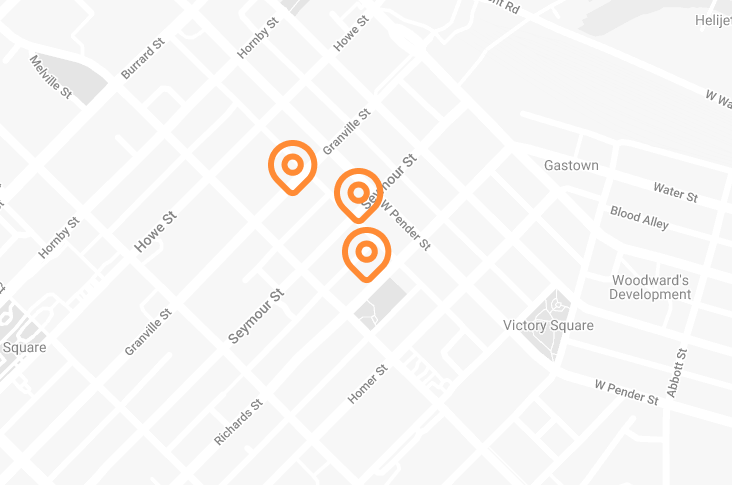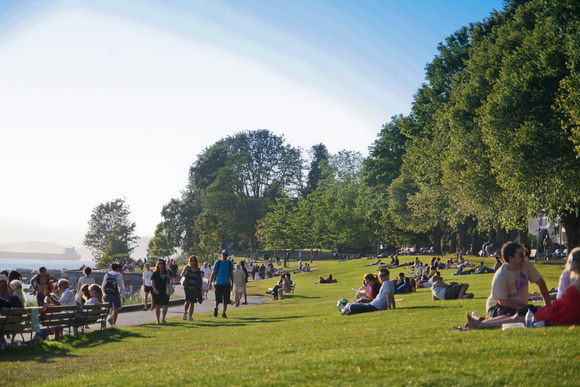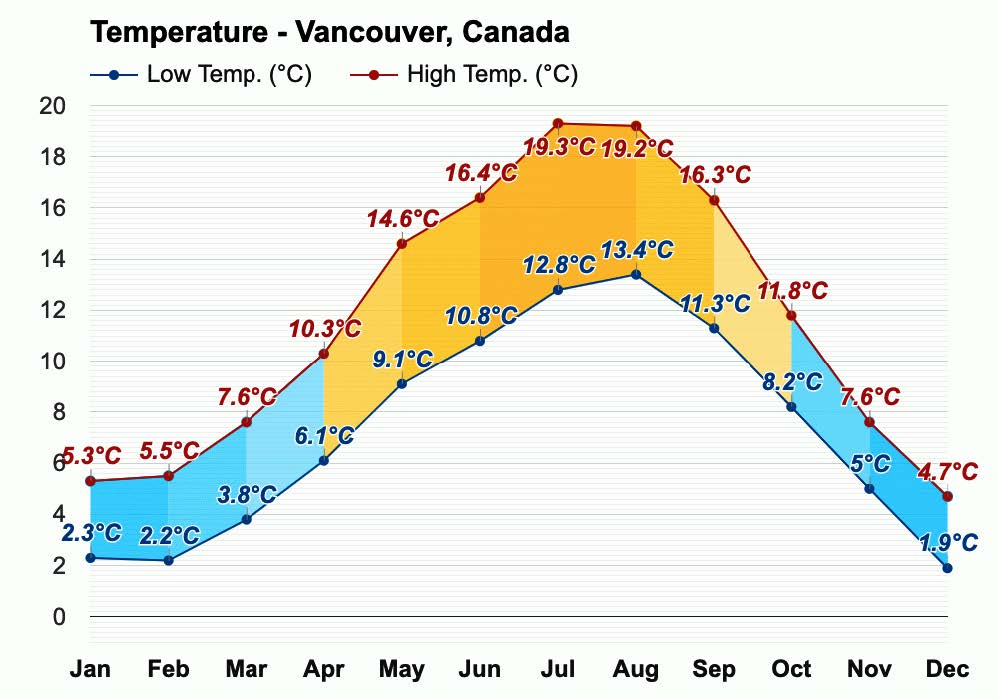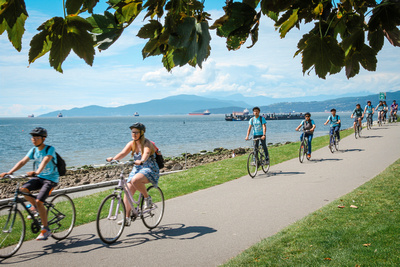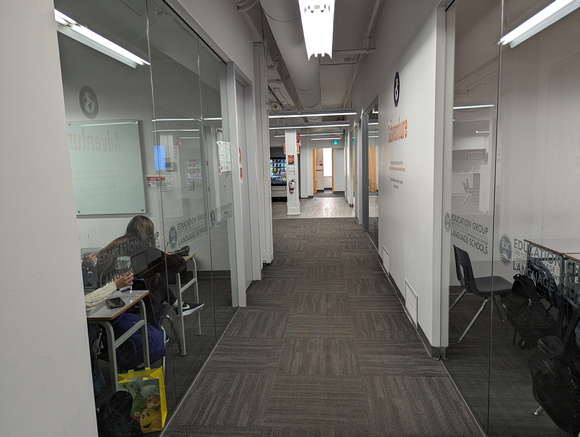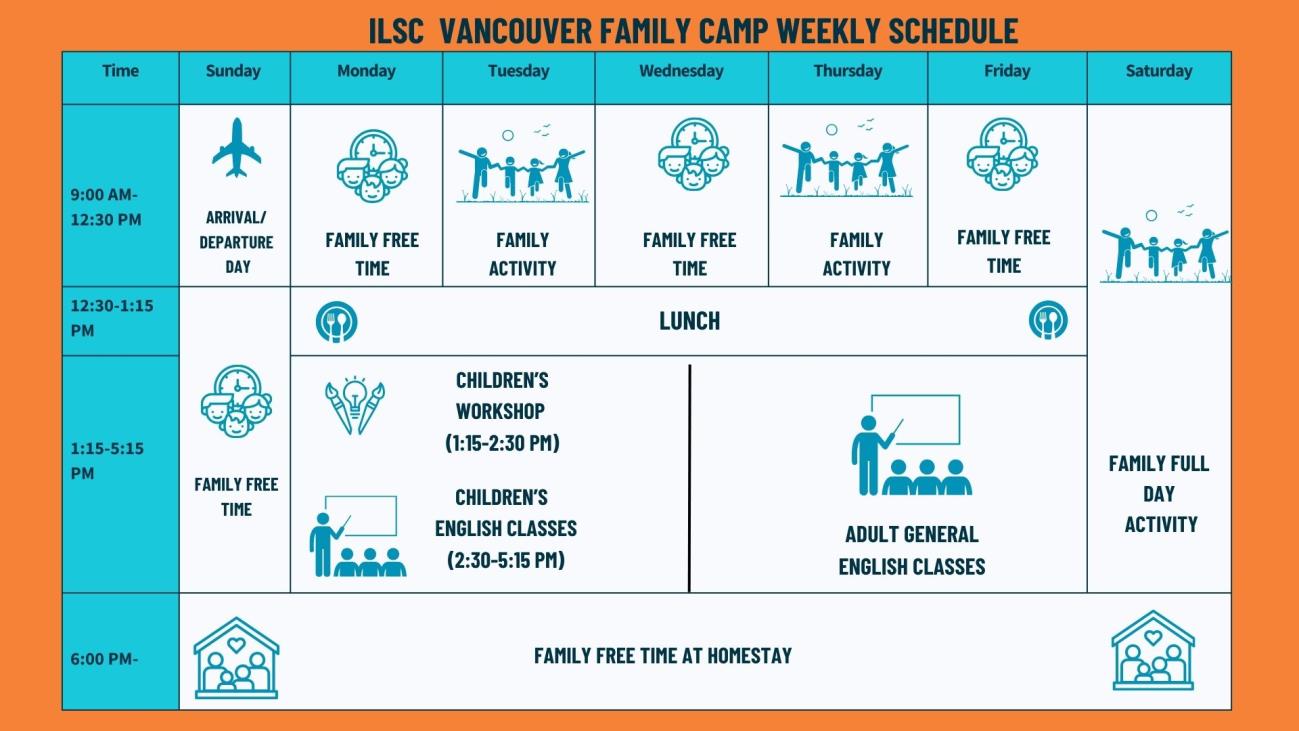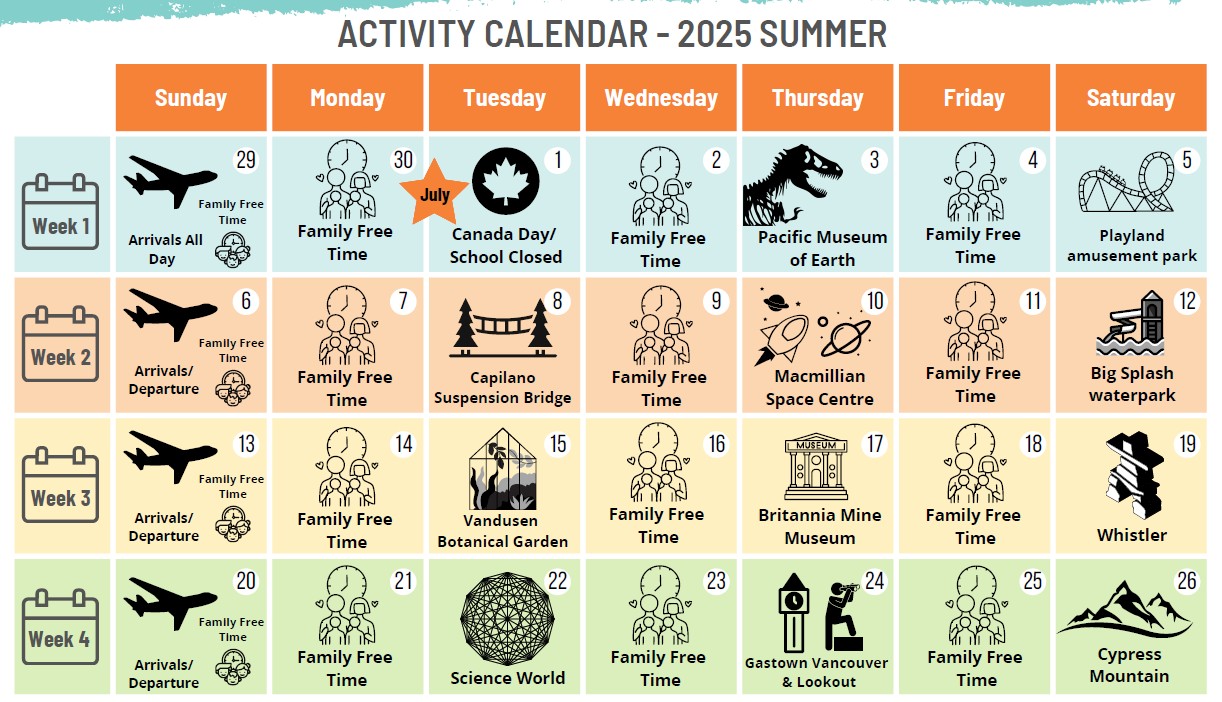ILSC Vancouver Family Camp
Welcome to the ILSC Vancouver Family Camp!
Here you will find everything you need to enjoy the amazing language and cultural experience ahead of you.
Bookmark this page so you can come back to it later and use the language button to translate to your language.
Check out our Useful Resources section.
Before you arrive
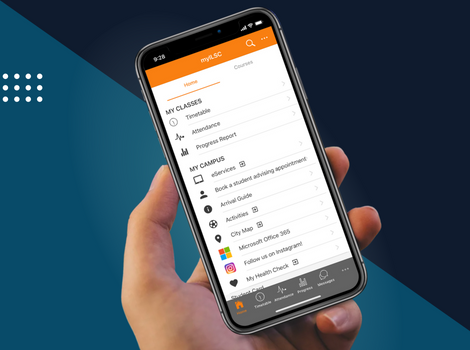
Set up your ILSC digital account and your personal ILSC Junior Camp email account.
Visit the Juniors Digital Setup Guide for step-by-step instructions.
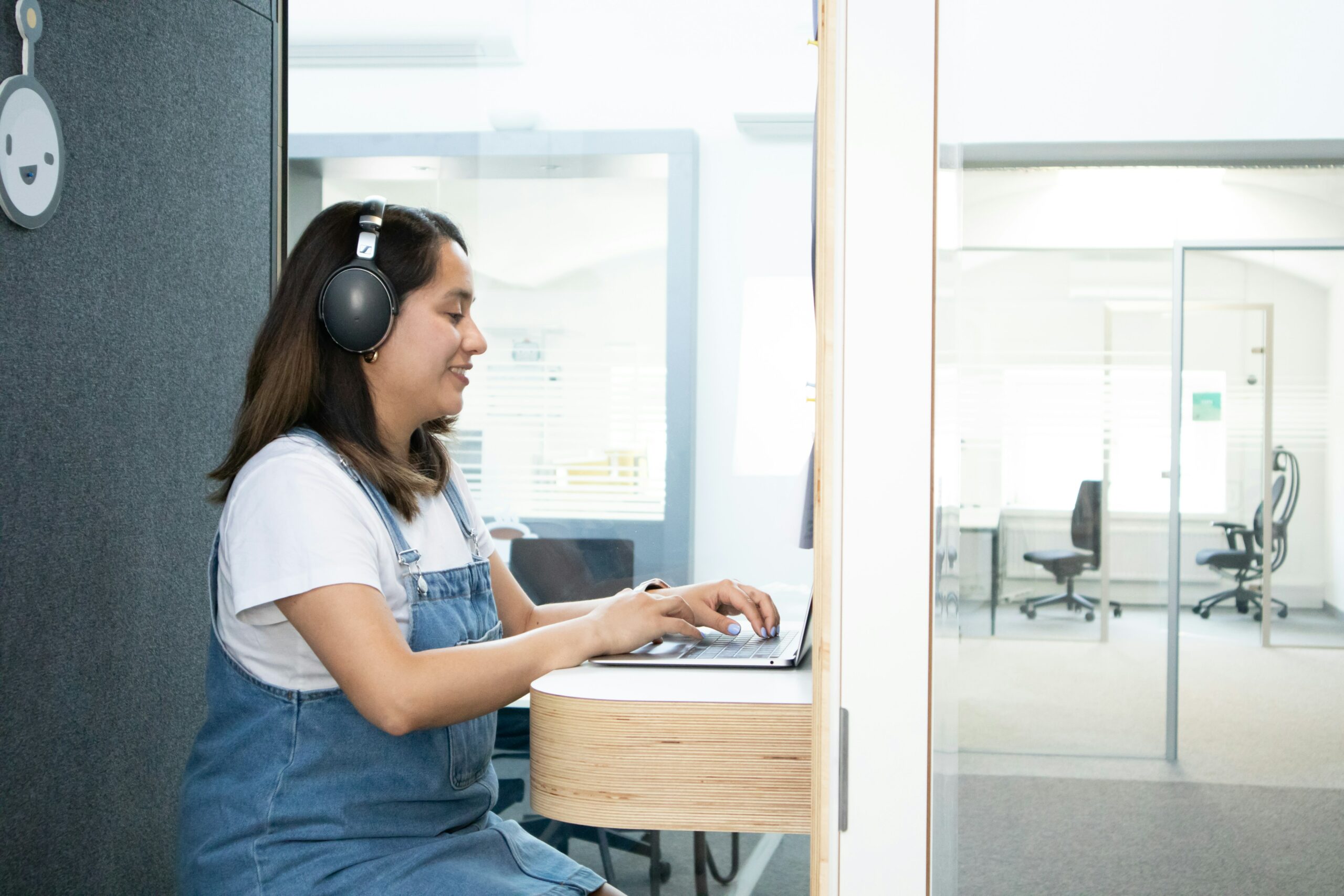
Your language assessment will take place in person on your first day in a fun, gamified way! No need to complete an online test beforehand—just come ready to participate and enjoy the experience.
When you arrive
Arriving at the Airport
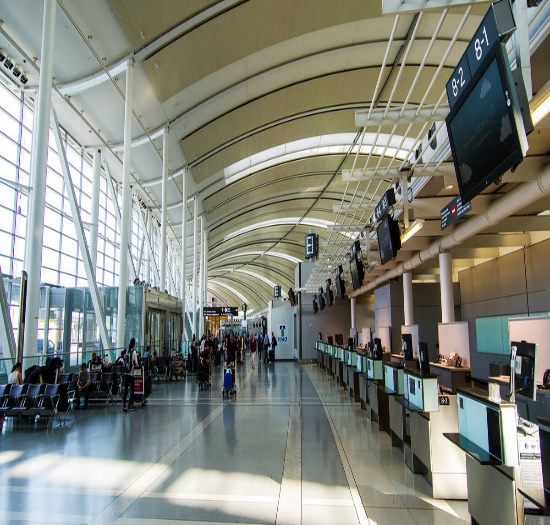
-
If you are coming from an international flight, you will be arriving at the international arrivals’ terminal of the airport.
If you are coming from a Canadian connecting flight, you will be arriving in the domestic arrivals terminal of the airport.
Airport Pick Up
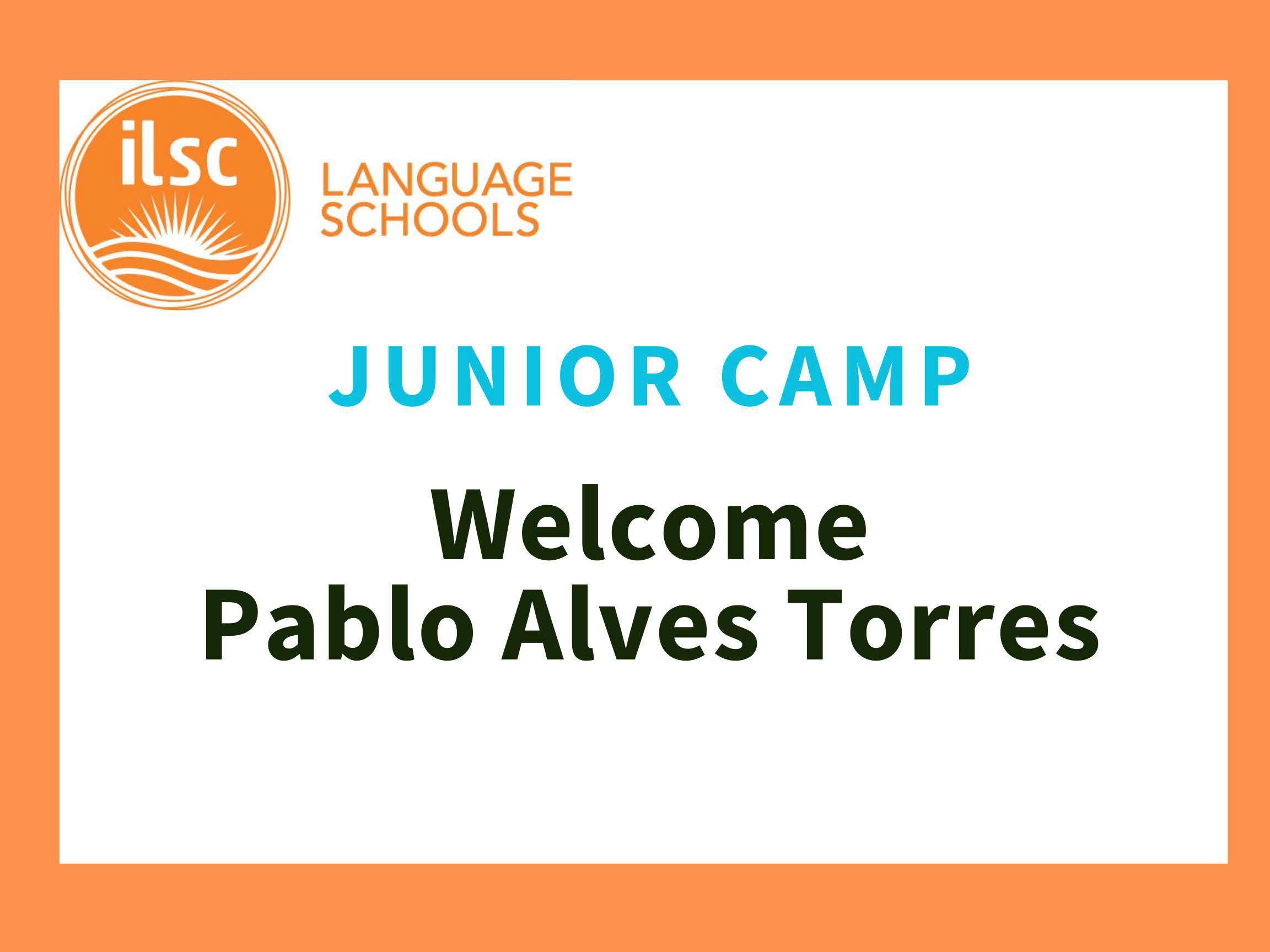
-
Taxis and car sharing services are available at the airport but if you would like to schedule airport transportation, this can be arranged through the ILSC Vancouver Accommodations department at a cost of $120 CAD/ person per transfer.
First Day Information
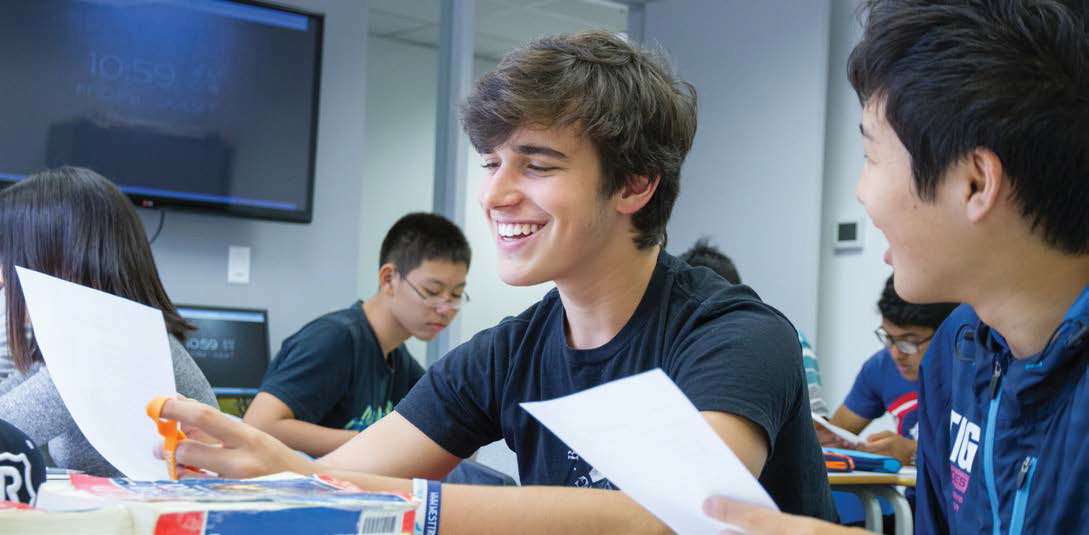
-
On your first day, families have free time in the morning. Please arrive at the ILSC Vancouver campus at 9:00am for your Orientation. You will start classes at 1:15pm.
(On Tuesday, Thursday and Saturday mornings, families should arrive at the ILSC Vancouver campus between 8:45 and 8:55 AM because the departure for activities is at 9:00 AM.)
Life at the Homestay
Accommodation is optional. If a family chooses the Homestay option, our Student Accommodation Department will match you with a homestay family based on the information you included on your application (i.e., age, allergies, preferences). Prior to your arrival, you will receive a description of your homestay family including names of the family members, their ages, professions, and interests. You are strongly encouraged to communicate with your family by e-mail or by phone before you arrive. Sending them a picture is also a good idea. They are as curious about you as you are about them!
Your homestay is your home away from home – a place where you can relax and experience Canadian family life. Your host family will provide you with a comfortable place to stay, meals and any guidance or support if and when you need it.
*Our Day-Only programs offer children and parents the same inclusive Family Camp experience without accommodation and meals.
The Homestay
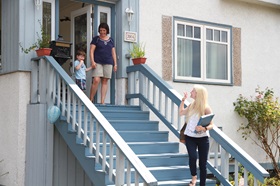
Host Family
We carefully select our host families by inspecting their homes and interviewing them before accepting them as appropriate families for our Junior Camp students. We advise our host families of our expectations in providing our students with the care and attention they need.
Our homestay families do not allow anyone to smoke inside their homes.
Features of a host family
A clean home in a safe neighbourhood that provides our students with a private furnished room, shared bathroom, access to laundry facilities, and 3 meals per day.
A home that is accessible by public transportation and is approximately a 45-60 minute commute by bus or train.
Schedules
Canadians typically leave for work between 6:00 AM and 8:30 AM and arrive home around 6:00 PM. Dinner is usually served between 6:00 PM- 7:00 PM. Bedtime is usually between 9:00 PM-11:00 PM.
Tell Us About It
If you have a problem with your host family, please tell the Junior Camp staff or the Accommodations Manager, and we will help
you.
Meals and Cleaning
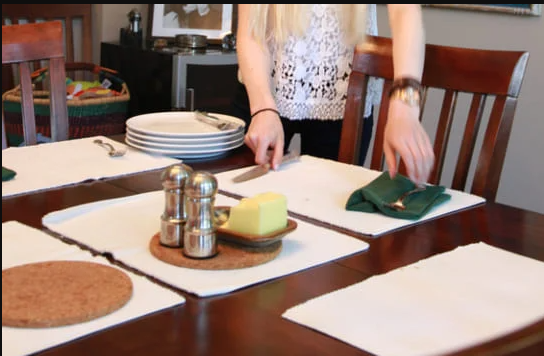
Meals
Meals with host families should not be missed. If you have any food concerns, discuss them with your host parents. Tell them if there is a particular type of food you dislike or if you desire another type of food.
Cleaning
In Canada, family members usually help with the household tasks. You may be asked to help with some of these tasks and you will be expected to keep your room and the washroom neat and tidy.
3 Meals a Day
Breakfast is usually self-serve (prepared by student) and families often do not eat together. Canadian breakfasts typically consist of : Cereal, toasted bread with jam and/or peanut butter or cheese or yogurt and fruit. Breakfast is usually between 6:00 AM – 8:00 AM (Monday-Saturday)and 9:00 AM – 10:00 AM on Sundays.
Lunch in Canada is not a large meal and will usually be a packed lunch to be eaten at school or on the field trip. Canadian lunches typically consist of leftovers (uneaten food from dinner the night before), or a sandwich with meat and/or cheese, tomato, and lettuce. Snacks consist of fruit, granola bars, or yogurt. Water is usually the preferred drink choice and is very safe to drink. Lunch takes place between 1:30pm-2:30pm (Monday-Saturday) and between 12:00pm-2:00pm on Sundays.
Dinner is the largest meal of the day and is usually eaten together with the host family.
Dinner meals may include meat, potatoes, vegetables/salad, pasta or stir fry and rice. Desserts are not usually offered but your host family may offer fruit.
Rooms and Bathrooms
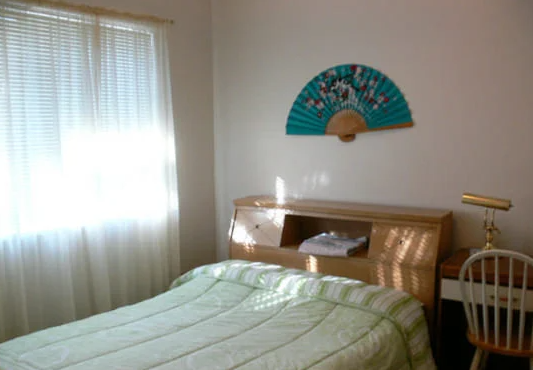
Rooms
Homestay includes 1 shared room (1 adult + 1 child per room). Additional single family members will require their own room and would be subject to availability.
You will be living in private furnished room, with a shared bathroom and access to laundry facilities.
If you are tired or just want some time alone, it is okay to go to your bedroom. If you want privacy, close the door to your room. You do not have to stay with the homestay family at all times.
Bathrooms
Your Canadian shower should have a shower door or curtain. If you have a curtain, make sure it is always inside the tub so that water does not drip on the floor. If water gets on the floor, please clean it up. Shower times should not be longer than 15 minutes, and bathroom times should not be more than 20 minutes, as your family may share the bathroom with you.
Facilities and Internet

Laundry
Most host families have a washer and dryer machine and will usually inform wen they explain the house rules if you are expected to do your own laundry or if they will do it for you. If you will be washing your own clothes, please ask your host parents to show you how to use the machines and when is a good time to use them. You should expect to do your laundry once a week.
Internet
Internet is included in your homestay.
Be considerate when using your phone in the evening and use headphones rather than the speaker function on your phone to avoid waking the family. Phone calls should not be made after 9:00 PM.
Life on Campus
Vancouver Campus and Classes
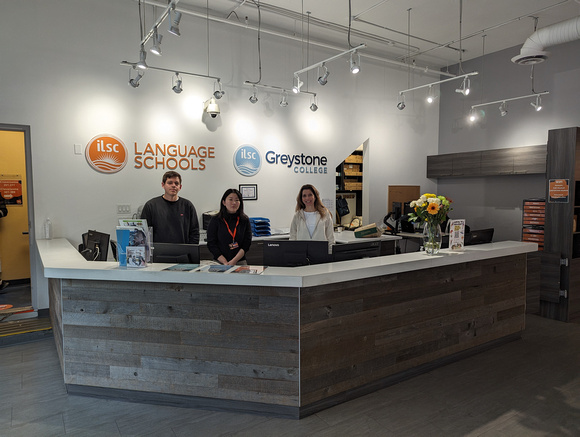
Mobile Phones and Valuables
Respect your teacher and classmates.
Please turn your cell phone off during class times.
Always keep your valuables with you: your wallet, bag, cell phone, electronic dictionary etc.
BEING ENVIRONMENTALLY FRIENDLY
We want to help planet earth! So, remember the three R’s:
» Reduce: Bring your own cup or bottle
» Recycle: Use the right recycling bins, for beverage bottle and cartons, food scraps (compost) and paper
» Reuse: Bring your lunch in re-usable containers
Learn
All our classes take place on the ILSC Vancouver campus. 5 Language levels for children, 10 levels for adults.
Number of lessons:
Children: 16.5 lessons, 13.75 hours per week
Adults: 24 lessons, 20 hours per week
Number of students per class: 18 students maximum
Our Teaching Philosophy
Learning works better when it is student-centred.
Learning works faster when it’s combined with everyday experiences.
People learn best when they are confident, at ease and happy.
What and how you study
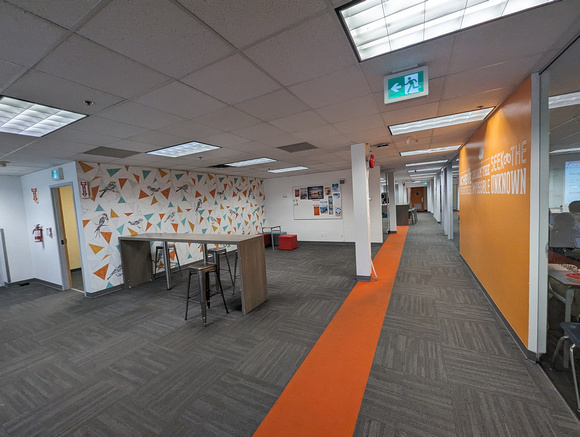
LATENESS & ABSENTEEISM
You are expected to be on time to classes. Attendance, punctuality and participation are important parts of learning.
Students who come to class every day, on time:
» Learn more English!
» Get the class off to a good start!
Please note: if for any reason you are unable to attend a class or activity, please notify the school IN ADVANCE with a written notice or phone call.
Class Content for Children
Our Juniors English language curriculum reflects current, real-world issues, recent events, social and environmental issues, and popular culture so that the content is relatable and interesting for teens. The Juniors English language program focuses on several areas including Canadian culture, reading, speaking, and writing.
Class Content for Adults
Our General English program provides adults with the opportunity to build their English skills in our flexible program that adapts to each student’s English level ang goals.
CLASS SCHEDULE:
Children attend activity workshops from 1:15 p.m. – 2:30 p.m. and classes from 2:30 p.m. – 5:15 p.m. from Monday-Friday
Adults attend classes from
1:15 – 5:15 p.m., Monday-Friday
Certificates and English Only Policy
Life in Vancouver
About the city
Come and discover Vancouver, a modern, magical city set among lush green mountain forests and beaches lapped by the Pacific Ocean. Enjoy the friendly multicultural atmosphere of Western Canada’s largest metropolis, where you can enjoy shopping, museums, and many outdoor adventures. ILSC–Vancouver’s campuses are in the city’s downtown, close to public transport, banks, restaurants, and shopping options.
Public Transport and Phones
Public Transport is a great way to explore Vancouver. Click on the images for more information or go to https://www.translink.ca/ for information on fares, zones and where to buy tickets.
An ILSC Junior Camp staff will always accompany you on activities and will know the transit routes and fares required.
Students may need to travel on their own between their homestay and the ILSC campus each day. Your homestay family can explain the route and can help you choose the appropriate transit option.
Students are responsible for their own public transit fare.
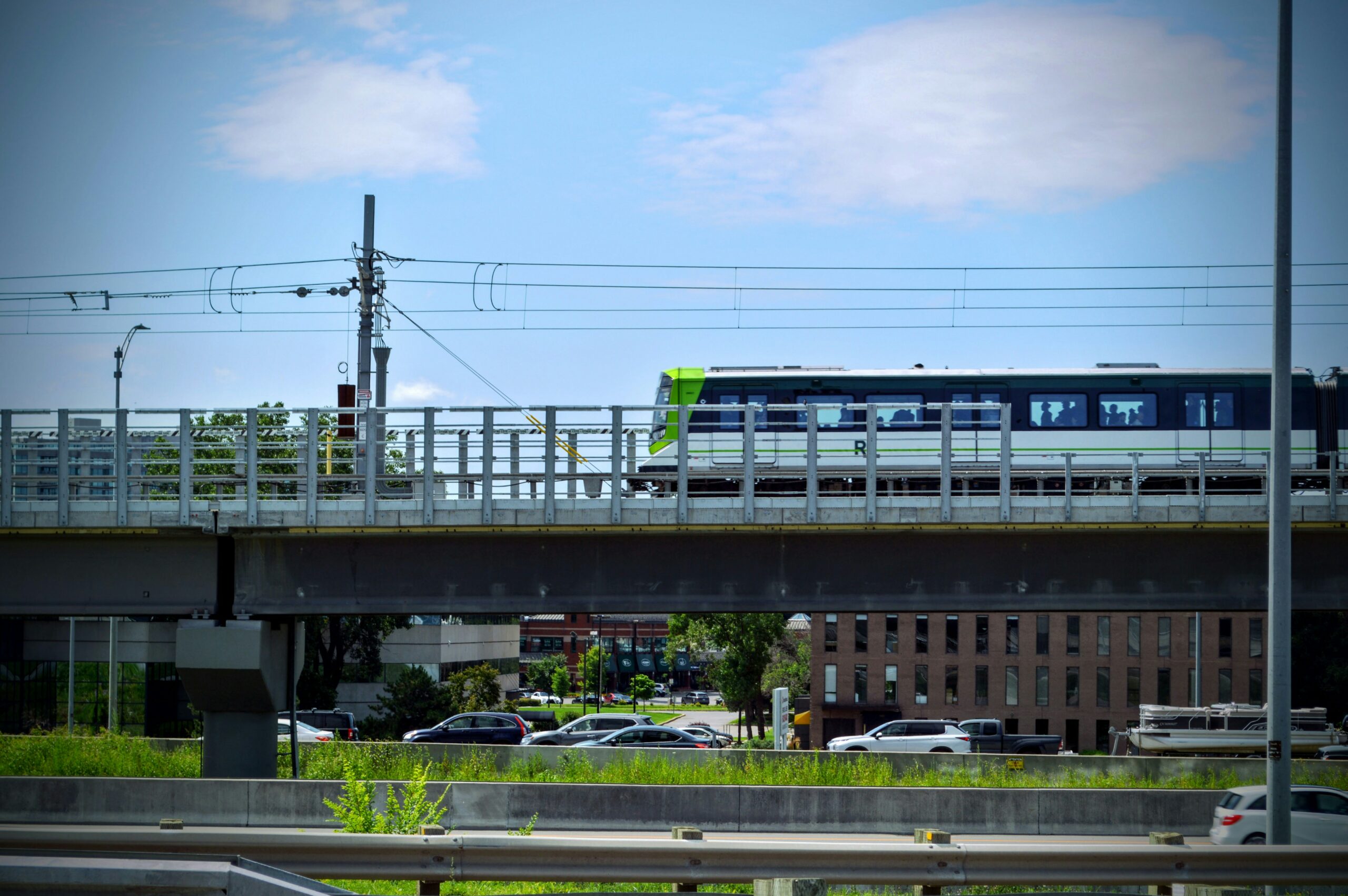
Sky Train
The city’s three automated rapid transit SkyTrain lines take you all around Metro Vancouver:
-
Expo Line connects Downtown Vancouver with the cities of Burnaby, New Westminster, and Surrey.
-
Millennium Line takes you from East Vancouver through to Burnaby and into Port Moody and Coquitlam.
-
Canada Line travels between Downtown Vancouver, the Vancouver International Airport (YVR), and Richmond.
Seabus
The SeaBus is Vancouver’s passenger ferry that crosses the Burrard Inlet, connecting Downtown Vancouver to North Vancouver. Each ferry can seat up to 395 passengers at a time, and departs every 15 minutes during the day. It takes a short 12 minutes to cross the Inlet.
The SeaBus runs seven days a week from early in the morning to late at night — for first and last SeaBus info, see First and Last SeaBus.
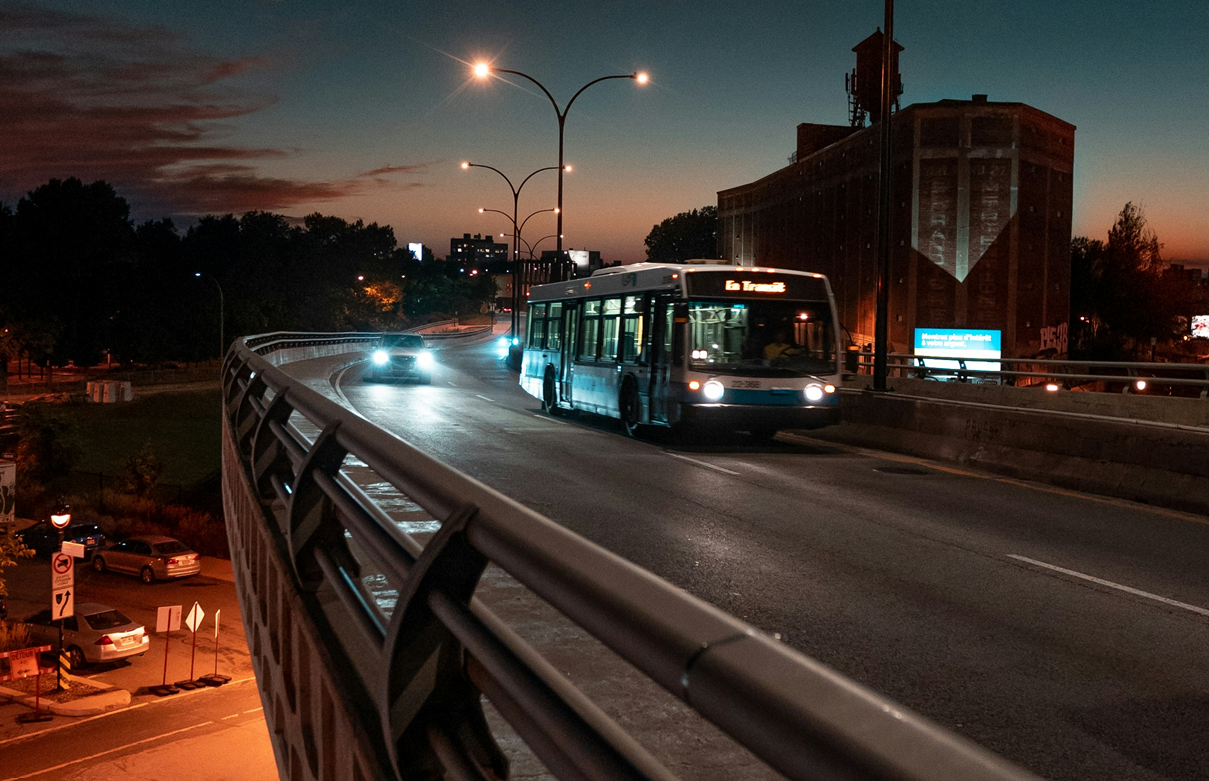
Bus and Metro
The city’s network of buses, trolleys and Community Shuttles link to various hubs, exchanges, SkyTrain stations and tourist destinations throughout Metro Vancouver. NightBus routes (late-night service) start with “N”. RapidBus routes (frequent bus service) start with “R”.

Telephones
SIM CARD AND DATA PLANS
We use the app WhatsApp to communicate with students on their mobile phones.
An international SIM card can lower your roaming and international calling expenses while you are in Canada.
You can use your current mobile phone and by changing the SIM card, you will get a local phone number and data plan!
A SIM card, can cost from $9-$19/week or $35-$55/ month, depending on the plan. For more information, please visit gophonebox.com/plans.
If you would like to purchase a SIM card, please let us know on your first day of class and one of the Junior Program staff will help you.
Telephone Use in Vancouver
There are three area codes within Vancouver (604), (236), and (778).
You must always dial the area code, along with the number.
If you are making a long-distance call, you must always dial 1 + the country code (011-55 +, or 011-886+, etc.) followed by the phone number.
911 is the Emergency number that can be dialed for FREE from any telephone. 1-800 numbers or 1-888 numbers are free.
